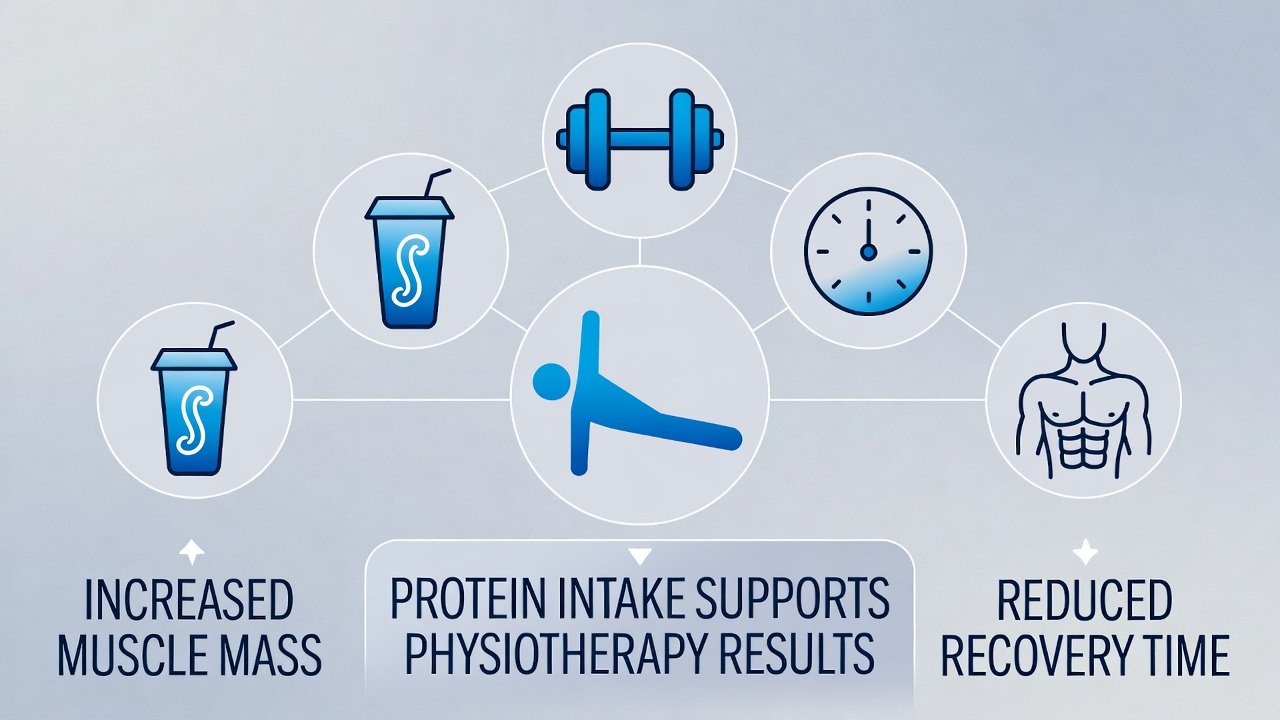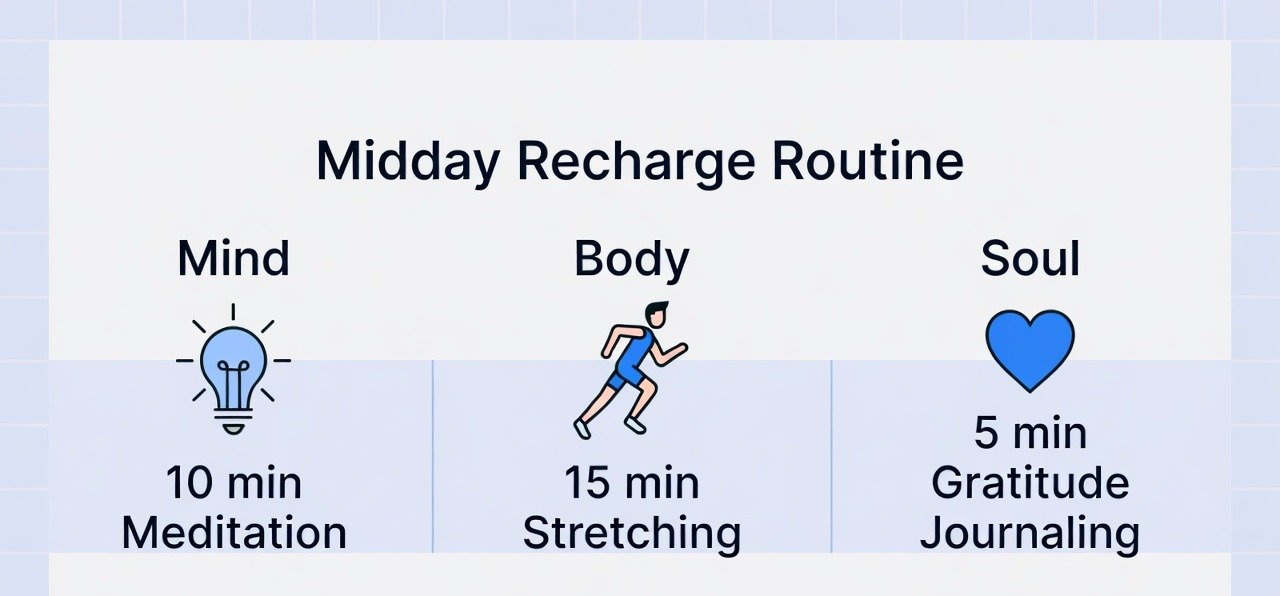You have already heard about washing your hands, getting plenty of rest, vitamin C, and Echinacea, but there are some other things you can do that may not be as familiar.
- Probiotics: A double‐blind, placebo‐controlled study appearing in the journal Pediatrics (2009; 124(2): e172‐9) Found that probiotics provided the test group with a 53% lower incidence of fever (for the single strain) and 73% reduction for the group taking the combination probiotic. Probiotics also reduced other cold and flu symptoms including coughing and runny nose. The group taking the supplement also missed fewer days from day care, 32% fewer days. Antibiotic use was also less; 68% less in the single strain group and 84% less in the combination group. Children’s ENT‐Pro™ is a pleasant‐tasting strawberry‐flavored probiotic lozenge that supplies newly isolated Lactobacillus delbrueckii LE and Lactobacillus rhamnosus LB3 strains, along with Lactobaciluss plantarum LM, Bifidobacterium longum, and Bifidobacterium bididum, combined to support otolaryngeal health in children.
- Eat breakfast: Subjects who had more than one illness during the study were less likely to eat breakfast and more likely to drink alcohol. Those who developed more than one illness also tended to have negative, stressful events over the preceding year.
- Vitamin D: Some scientists think that part of the reason for flu season is the short days – less sunlight and vitamin D.
- Watch your diet: Sugar and refined flour products stress the immune system. Similarly, hydrogenated oils and deep‐fried foods should be avoided. Fresh, brightly colored produce will help to boost your immune system. Fresh produce is high in vitamin C. The bright color in plant foods is from carotenes and bioflavonoids. These are powerful antioxidants that will help to protect your cells. The carotenes are precursors to vitamin A, an important immune vitamin.
- Get your stress levels under control: Researchers from the University of Florida and the University of Iowa reported in the Journal of Psychosomatic Medicine (May 2001). Students who reported having a lot of pain and stress were more likely to become sick than those who claimed to have only a little pain and stress.
Please review our business at: Google Yelp Facebook
If you’d like to learn more, please visit our Member’s Area to access our subscribed content.
Did you know you can work out and exercise with a trainer at your home, office, hotel room, or anywhere in the world with online personal training?
Like us on Facebook/Connect with us on LinkedIn/Follow us on Twitter
Make sure to forward this to friends and followers!






